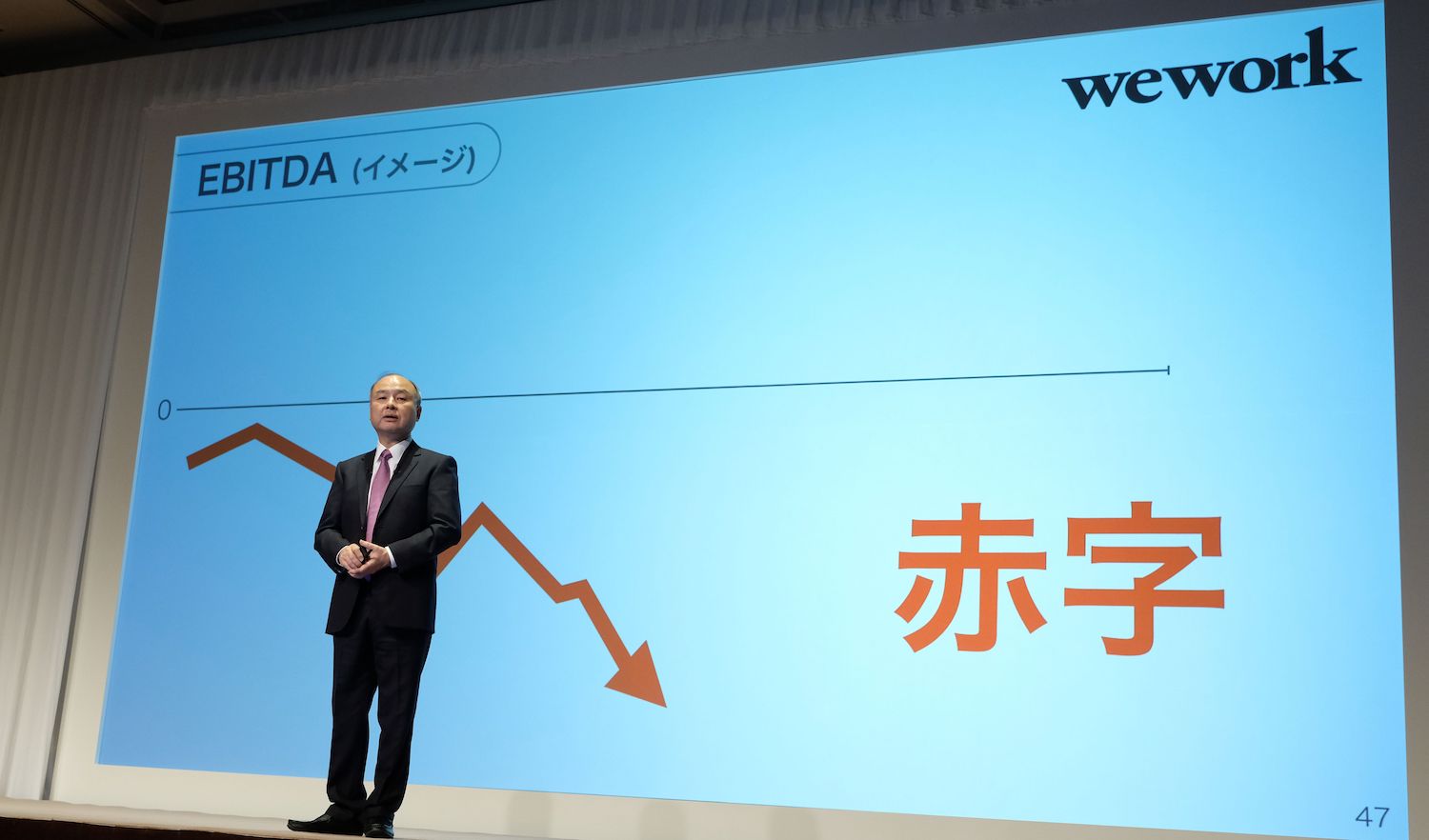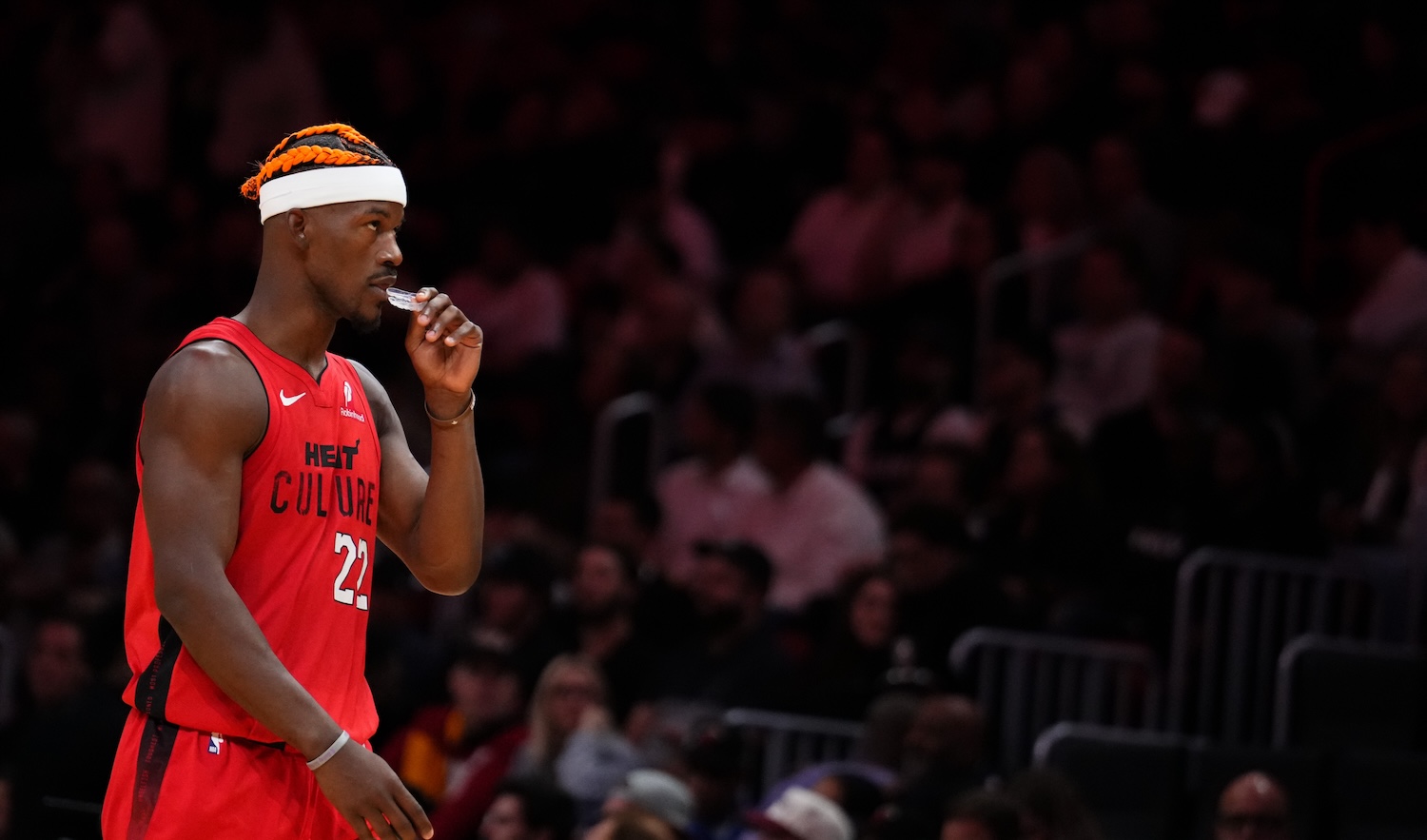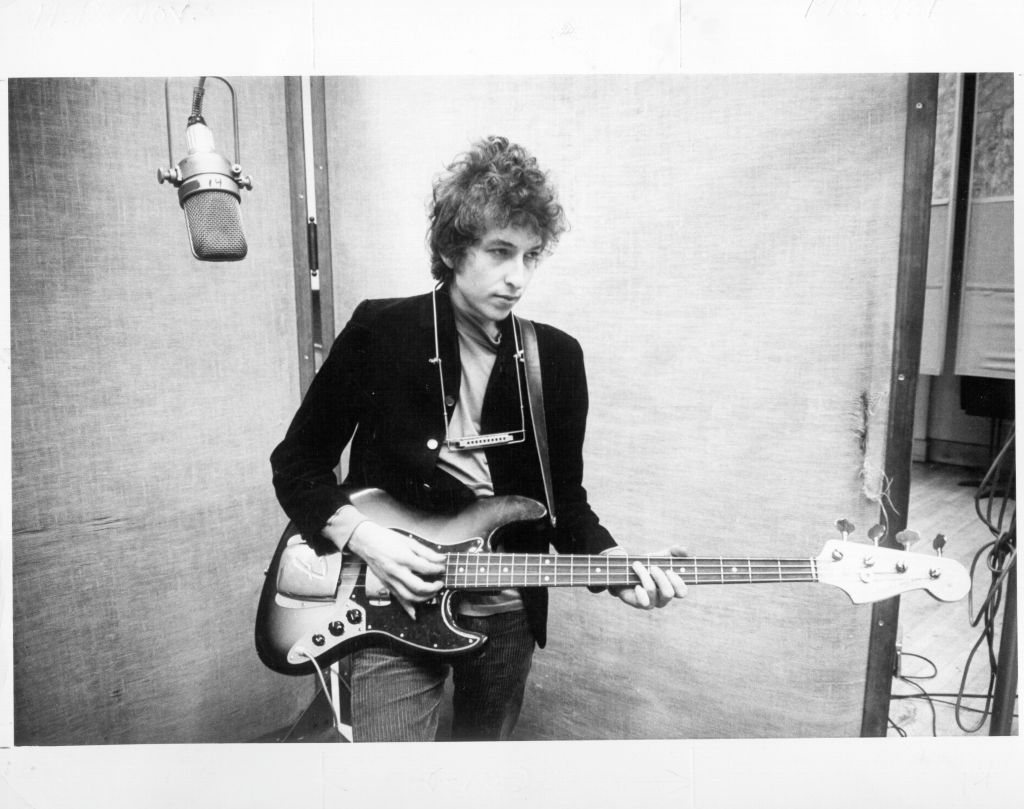Last March, the Nikola Corporation announced that it was going public. Nikola is in the electric truck business, although it's more accurate to say that it is in the business of convincing investors that it might someday manufacture electric trucks at scale. Nikola hit the market in June, not through an initial public offering but by way of a merger with VectoIQ, which is a special purpose acquisition company, or SPAC. VectoIQ's only assets were a stock listing and some cash on hand; it existed merely to enable investment in and the public trading of Nikola stock, all without the onerous disclosures and prospectuses required for a traditional IPO.
Nikola founder Trevor Milton's grandiose proclamations about the promise of hydrogen vehicles came on the heels of a huge leap in Tesla stock prices, and retail investors got in early and helped triple the price of a share to just south of $80. Last September, the company announced a $2 billion deal with General Motors, whose former vice chairman founded VectoIQ. The future looked like a big green line, advancing northeast on the graph.
This was a dream outcome for the people who formed the shell company that bought Nikola. Success stories like this one are part of why SPACs have never been more popular as vehicles for high-level investors. Seventy-one companies went public via SPAC in 2020, as of Nov. 13, raising a total of $82.1 billion. This is six times the amount raised in 2019. Big-time investor Bill Ackman took a $4 billion SPAC public last July, though it hasn't absorbed any companies within its shell yet. Billionaire early Facebook employee and part Golden State Warriors owner Chamath Palihapitiya is not just an evangelist of work-till-you-die gospel, he's also the biggest public booster of the SPAC model, which has made him even richer this year. Little haunted nutcracker doll Wilbur Ross is launching one, as is former Deutsche Bank exec Garth Ritchie. Even powerhouse digital media companies half a decade past near-miss big-money sales are thinking about finally going public through SPACs.
Prominent sports figures at all three levels have also invested big in SPACs. Houston Rockets owner Tilman Fertitta is a longtime SPAC artist who just took his largest asset public through a SPAC in February. Former GM Theo Epstein, who built World Series winners with the Cubs and Red Sox and introduced the Finance Guy Fleece Aesthetic to Major League Baseball, joined the $1 billion private equity firm Arctos Sports Partners, which launched a $275 million SPAC days later. Alex Rodriguez is leading a shell company called, well, Slam Corp., that is seeking to raise $575 million to do SPAC stuff. Even Colin Kaepernick is leading a new SPAC group called Mission Advancement Corp., which announced Tuesday it was targeting an unspecified (and oxymoronic) "socially driven billion-dollar company."
Taken together, this is a remarkable concentration of money set aside for the purpose of helping some companies go public. Which ones? Who knows! So many SPACs are coming to the party that insurers selling coverage at the directors-and-officers level have had to quintuple their prices to mitigate their exposure.
Some of this sudden popularity can be explained by the flaccidity of the 2019 IPO market. Lyft, Uber, and Slack all went public in 2019, and despite hefty valuations and the generally meteoric promise the market sees in big tech, all three saw their share prices deflate throughout the year. The case of WeWork, whose sprawling hustle was exposed through its attempt to go public, also looms large. The real estate company masquerading as a coworking/vibes company—their much-mocked S-1 filing said, "Our mission is to elevate the world’s consciousness"—famously backed out of a planned IPO after the world got to peek under the hood and saw how fragile and strange the business was. Buffeted back by scrutiny two years ago, WeWork is now reportedly looking into going public—through a SPAC.
Squicky Silicon Valley IPOs alone don't explain this gold rush. Unsurprisingly, the pandemic plays a significant role in its rise. COVID-19 shut down sports betting for a few months, which flooded the market with bored retail investors, a distortion that was known to be true even before the GameStop frenzy. The main effect of laypeople opting to play the market instead of betting on sports was more volatility; the resulting new environment was both deranging and chaotic and quite a beneficial atmosphere for those looking to thrust a company in the direction of the general public. Companies also get a big burlap sack with a dollar sign painted on it much earlier this way, and without having to prove to investors (or regulators) that their value is based on revenue, not projections. This is why tech companies, like 23andMe, are into SPACs. IPO rules prevent companies from hawking their wares in the media ahead of an IPO, but if you SPAC yourself, you can hype your company openly.
Surely then, given the mountainous piles of cash involved, investors are gleefully SPAC-ing forward because it's a reasonably straightforward way to make a shitload of money? In fact it is not. This would be a good time to revisit Nikola's deal with GM.
It took just two days for everything to start to unravel. Hindenburg Research published a devastating 15,000-word report exposing the "intricate fraud" behind Nikola's vaunted technological innovations. They compared Nikola to Theranos and claimed, "We have never seen this level of deception at a public company, especially of this size." The gist of the report was that Nikola's proprietary hydrogen power innovations were neither proprietary nor innovative. This was most succinctly demonstrated by the following video of a supposedly working prototype, which Hindenburg proved was actually the result of putting a nonfunctioning truck in neutral and rolling it down a sloped road.
Behold, the Nikola One in motion. Pre-production units to hit fleets in 2019 for testing. The Nikola Hydrogen Electric trucks will take on any semi-truck and outperform them in every category; weight, acceleration, stopping, safety and features - all with 500-1,000 mile range! pic.twitter.com/K53FdYaZ34
— Nikola Motor Company (@nikolamotor) January 25, 2018
Milton was forced to resign from Nikola, then accused by two women of sexual assault. GM pulled out of the deal in short order, the price of a share cratered, Nikola lashed out at critics, and the Justice Department and SEC began looking into whether Milton had misled prospective investors. In the broadest sense, it is good that a technology company without any working technology had its wings melted by the sun, if only as a reminder that this sort of scam doesn't necessarily work every time. That said, nothing one could credibly describe as a functioning system would have enabled Nikola to surge so high in the first place, let alone for Milton to drift away with a stock package currently worth over $2 billion. Had Nikola gone through the standard process of becoming public, their flimsiness would have been discovered much earlier. Because they went public through a SPAC, they got all the way to the open market, and some people still got rich.
The Wall Street Journal reports that 15 of the companies that merged with a SPAC hit the market without having any revenue the previous year. The investment and research firm Renaissance Capital reported that the average return on investment from stocks of 107 companies that SPAC-ed themselves since 2015 is -1.4 percent (that's bad), versus a 49 percent (that's good) return on investments into companies that went public the old fashioned way. Founding investors, like Ackman or Palihapitiya, are insulated from the worst outcomes by something called a sponsor promote, which allows a SPAC's founder to buy a huge chunk of equity for a shockingly tiny price, usually 20 percent for $25,000.
Does this all sound somewhat fishy at all to you? Does the SPAC gold rush seem different than the largely unseen institutional windfall behind the GameStop surge in any substantive way, or is it really just a matter of degree? Is the early post-SPAC success of DraftKings and Virgin Galactic enough to justify an 11-figure buy-in from rich guys at the highest levels? More to the point, does this fevered rush to bypass safeguards and rules feel like, let's say, the last giddy pump of air into an overly inflated balloon before it pops?
What I am saying is that it's a bubble. Even actual financial journalists, who surely know more about this than a humble small-business owner like me, say it feels like a bubble. The stock market and "the economy" as we know them are speculative legal fictions, and the idea that the market writ large is a useful yardstick for the economic health of a society has never felt more dissonant than it does now, as a legion of billionaires keep pushing that bike pump down while the nation's workers face an unresolved and largely unacknowledged unemployment crisis. None of this feels sustainable, or even all that real.
This is at least in part because none of it is really new. Per a Wharton blog, the recursive leveraging inherent to SPACs is eerily reminiscent of our second-most recent bubble:
As we saw back in 2000 with the tech bubble, the fraying started as more and more of dotcoms went public, and the stocks of those companies that had just done their IPOs started to trade poorly. As a result, investors began to lose money, and eventually they lost their enthusiasm. This eventually caused the dotcom IPO market to seize up, as more struggled to complete their IPOs
Wharton
None of these warning signs are going to stop A-Rod, or Theo Epstein, or Chamath Palihapitiya from pursuing SPAC mergers, of course. A bubble has to get really full of air before it pops, and none of these investors believe that they're going to be the ones to give it that last gust.
Speaking of Palihapitiya, the king of SPACs is currently riding a wave of good PR after he was able to convince suckers who correctly hated billionaires that he was one of the good billionaires. He's leveraged his standing to keep pumping SPACs, all while hosting a podcast with the dumbest man in San Francisco; one of the biggest mergers he's completed in the recent past was with Clover Health, a health tech company valued at $3.7 billion that gets most of its revenue from Medicare. Palihapitiya got 20 million shares for his help, which included him praising Clover's CEO as "an absolute proven moneymaker," evangelizing about how "they create transparency … they don’t motivate doctors to upcode or do all kinds of things to get paid," and bragging that Clover "has been diligenced and validated not just by me and my team at Social Capital, but by some of the most respected blue chip technology investors in the world."
I got those quotes from Hindenburg Research's latest report. The report is about how Clover, which is in their words "a broken business," has been under a Department of Justice investigation for possible violations of the False Claims Act. It had been since well before its debut on the stock market, in fact, and well before Palihapitiya yawped about how the business was absolutely not doing all the stuff that Hindenburg painstakingly outlines they were doing. That proven moneymaker of a CEO? New Jersey lawmakers investigated him for siphoning off $157 million from a hospital company he previously owned, a loss that led to mass layoffs and a liquidation sale. That he got a chance to grift again is not surprising. It feels, somehow, like the point.





